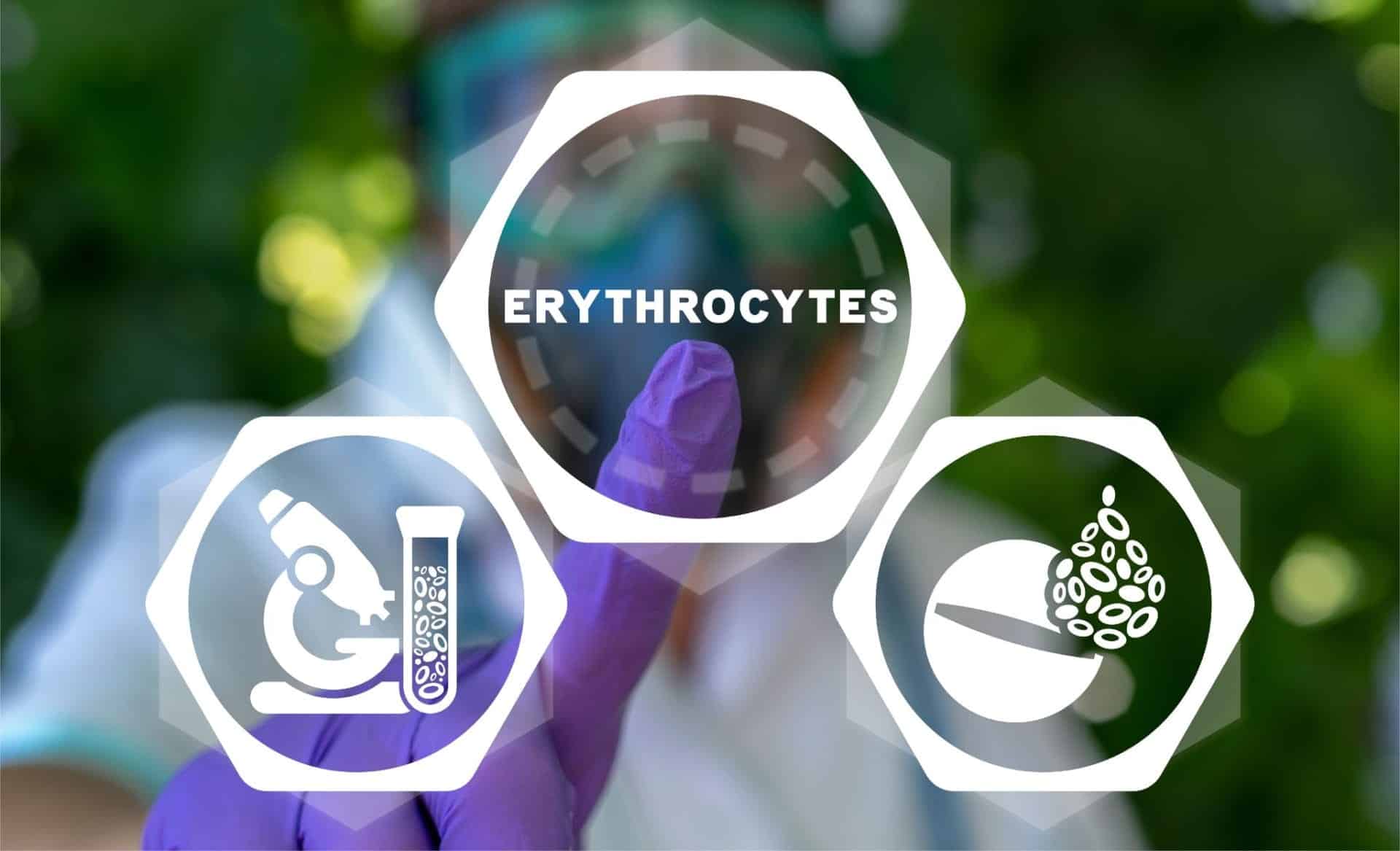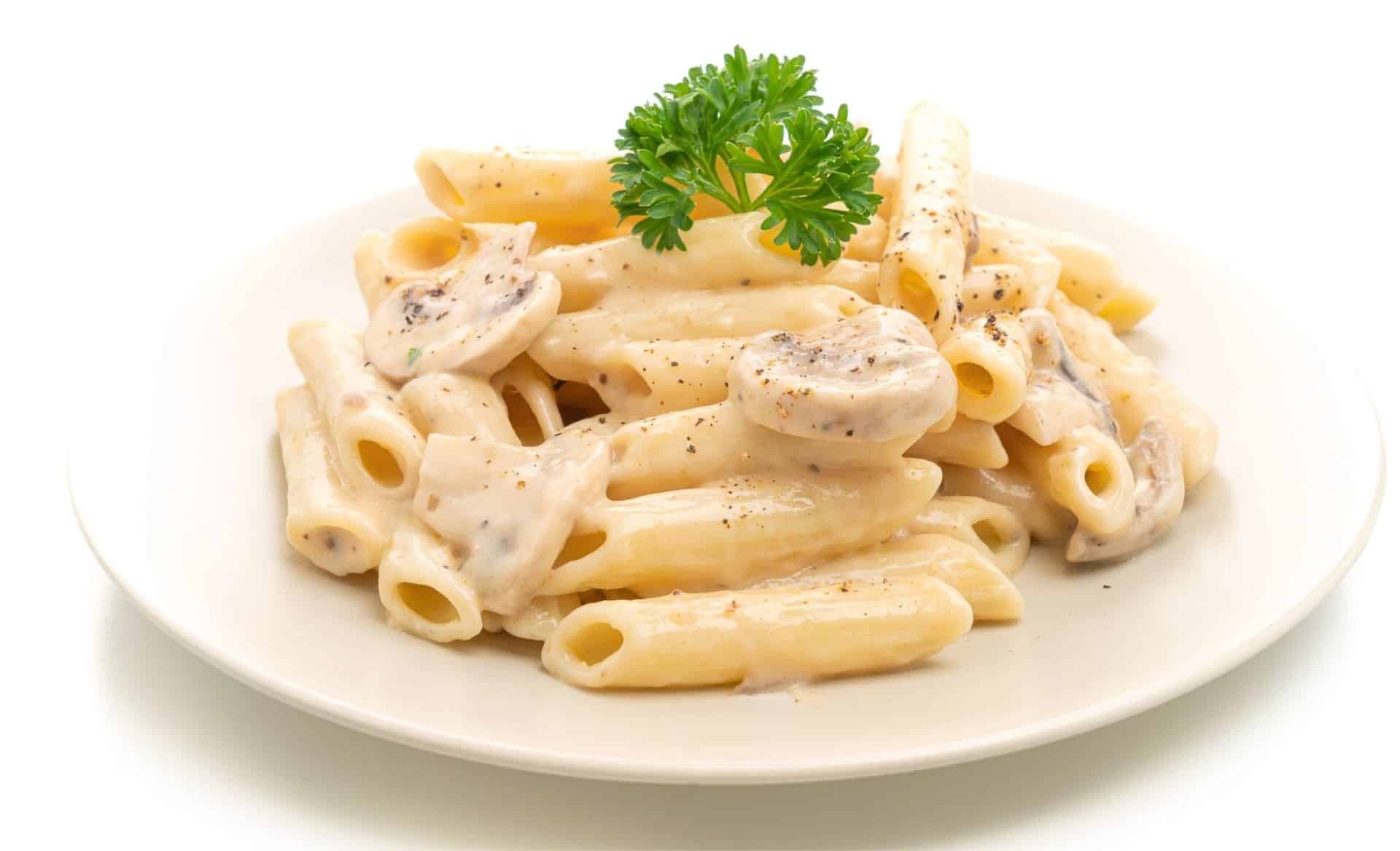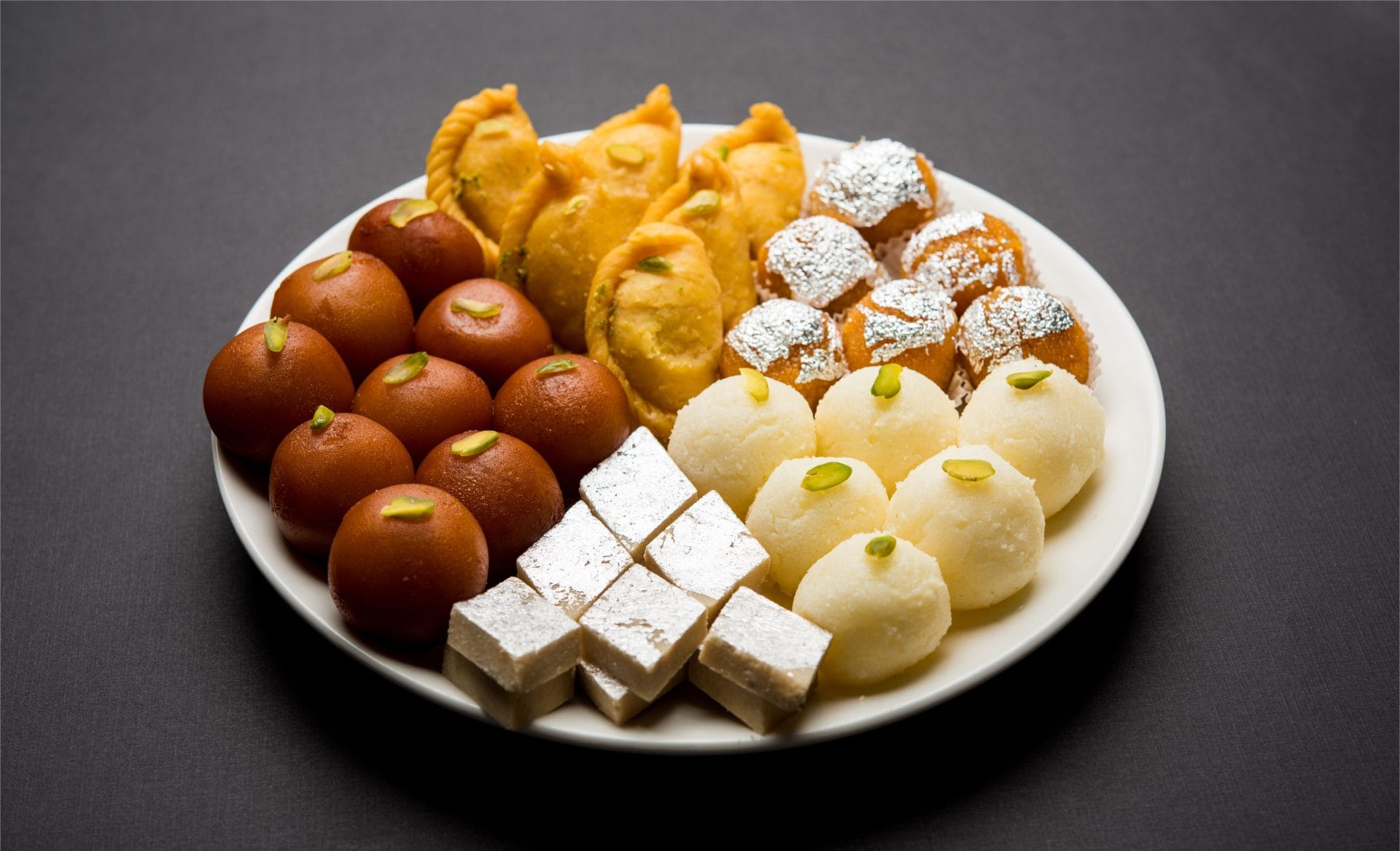
High ESR may be a sign of some internal illness. ESR is the abbreviated form of the medical term ‘erythrocyte sedimentation rate’ and measures the inflammation in a patient’s body. When ESR levels rise, the lymphocyte count also increases, and doctors usually use this as an indicator for some underlying illnesses like cancer, inflammatory diseases, and autoimmune disorders. [1] In Ayurveda, the condition of having high ESR is referred to as Ama Lakshana and is associated with Amavastha. [2]
You can also read our related article on – Home Remedies to Reduce ESR in Blood Naturally
Raktha Dhatu and Rasa Dhatu have a role to play in the formation as well as the spread of Amavastha. Hematological parameters like ESR can tell you about the Avastha of the Vyadhi by serving as an inflammation marker. [2] If your ESR is high, you may make some dietary changes by including ESR-reducing foods in your daily diet, and skipping those that cause inflammation and elevated ESR levels. This article will tell you how to control ESR through proper dietary or Ahara measures. Read on
How to decrease ESR by avoiding certain foods
1. Red meat
Red meat is high-fat animal muscles obtained from sheep, pigs, cows, and goats. Health-conscious people are turning away from red meat these days as red meat has been linked with many fatal and chronic diseases, which in turn are triggered by abnormal lipid metabolism and inflammatory reactions caused by the consumption of red meat. In other words, red meat consumption can increase inflammatory markers like ESR. [3]
2. White bread
White bread is made of refined flour, meaning all the fibers and nutrients have been removed from the flour. [4] Any food item made from such flour, be it white bread or anything else, can cause blood sugar spikes, leading to inflammation and elevation in the ESR levels.
3. White flour pasta

No matter how great a bowl of pasta tastes, it will definitely increase your ESR level. Pasta is made using white flour, which is devoid of all fibers. [4] Therefore, it gets converted into sugar easily, leading to chronic inflammation. If inflammation increases, ESR levels will increase, too.
4. French fries
Any fried food, be it French fries or anything else, is high in trans-fat [4] and, therefore, highly inflammatory. So avoid French fries if you wish to lower your ESR levels.
5. Donuts
The glazed, cream-topped Donuts are indeed highly tempting, but taking them may increase your ESR levels because they’re packed with sugar [4]. So if you want an answer to ‘which food increase esr’, you must know that donuts are one such food that needs to be avoided.
6. Commercially baked cookies
Cookies are made of refined carbs and are low in nutrients and high in sugar. [4] Consuming cookies may lead to weight gain and sugar spikes, causing inflammation and elevated ESR levels.
7. Pastries
The flavorful, creamy pastries will definitely drive you crazy, but if you are also mad about your increasing ESR levels, you must stay away from your favorite food. Loaded with sugar pastries will only increase inflammation [4] in your body and cause the inflammation markers like ESR levels in your blood to rise.
8. Sweets

Are you looking for ESR-reducing foods? Well, then, never think of sweets. Sweets are high in added sugar [4] and will generate an inflammatory response in your body. Therefore, sweets may increase your ESR levels.
9. Soda
Soda is high in sugar and can lead to the release of cytokines, which are inflammatory messengers. [5] Thus, drinking soda may increase your ESR levels.
10. Alcohol
Alcohol is inflammatory in nature. It can cause organ dysfunction through severe inflammation. Stay away from alcohol if you want to reduce your ESR levels. [6]
FAQs
• Which are the best Ayurvedic herbs to manage ESR levels?
The best Ayurvedic herbs to manage ESR levels are:
1. Adaraka
Ginger or Adraka is an Anti-inflammatory Rhizome capable of suppressing cytokine gene expression. This helps manage ESR levels by keeping inflammation in check. [7]
2. Guggulu
Guggulu is loaded with free radicals scavenging antioxidants and can fight inflammation effectively. [8]
3. Ashwagandha
The compounds in this Ayurvedic herb can fight inflammation and reduce ESR levels by blocking the inflammatory signals from the central nervous system. [9]
4. Amla
Amla, or Indian Gooseberry, is an effective Ayurvedic remedy for inflammation. By taking Amla juice regularly, you can control your ESR levels.
• Name some of the best Ayurvedic classical formulations for controlling inflammation and ESR levels.
• Which are the best foods to reduce ESR?
Your ESR control food list should include leafy greens, cruciferous vegetables, nuts, legumes, berries, green tea, and spices like ginger, turmeric, cinnamon, black cumin, or nigella seeds. [12]
Conclusion
With the advent of modernity, our lifestyle has changed, and so has changed our food habits. These days, we have a craze for junk food and fast food. These food items available easily at our fingertips are actually silent killers. In Ayurveda these foods are called Viruddha Aahar. Viruddha Aahar can lead to inflammation at the molecular level and cause ESR levels to soar. These incompatible foods are packed with sugar, trans fat, and salt. Consuming these foods can lead to severe inflammation and high ESR levels. If you want to know what to do if esr is high, you must avoid taking these foods in the first place. This article has tried to educate you about foods to avoid if you want to reduce your ESR levels. With proper dietary steps, you can say ‘No’ to diseases by controlling inflammation and ESR levels.
Disclaimer
This article is written from a health and wellness perspective and is not medical advice. Kindly seek the help of a certified medical practitioner before initiating any treatment.
References
- Erythrocyte Sedimentation Rate
- AN ASSESSMENT OF ĀMAVASTHA AMONG ESR TESTED SUBJECTS AT GOVT. AYURVEDA COLLEGE HOSPITAL LABORATORY, KANNUR, PARIYARAM
- Red meat consumption and risk for dyslipidaemia and inflammation: A systematic review and meta-analysis
- INFLAMMATORY FOODS LIST
- Oxidative stress and inflammatory response to high dietary fat and carbonated soda intake in male and female Wistar rats
- The Inflammatory Response to Alcohol Consumption and Its Role in the Pathology of Alcohol Hangover
- Effect of ginger on inflammatory diseases
- Googling the Guggul (Commiphora and Boswellia) for Prevention of Chronic Diseases
- Evaluation of Anti-inflammatory Effect of Ashwagandha: A Preliminary Study in vitro
- Efficacy of Langhana with Saptamushtika Yusha in the Treatment of Aama in Aamavata with special reference to Rheumatoid Arthritis
- Efficacy & safety evaluation of Ayurvedic treatment (Ashwagandha powder & Sidh Makardhwaj) in rheumatoid arthritis patients: a pilot prospective study
- The anti-inflammation diet for chronic diseases
















